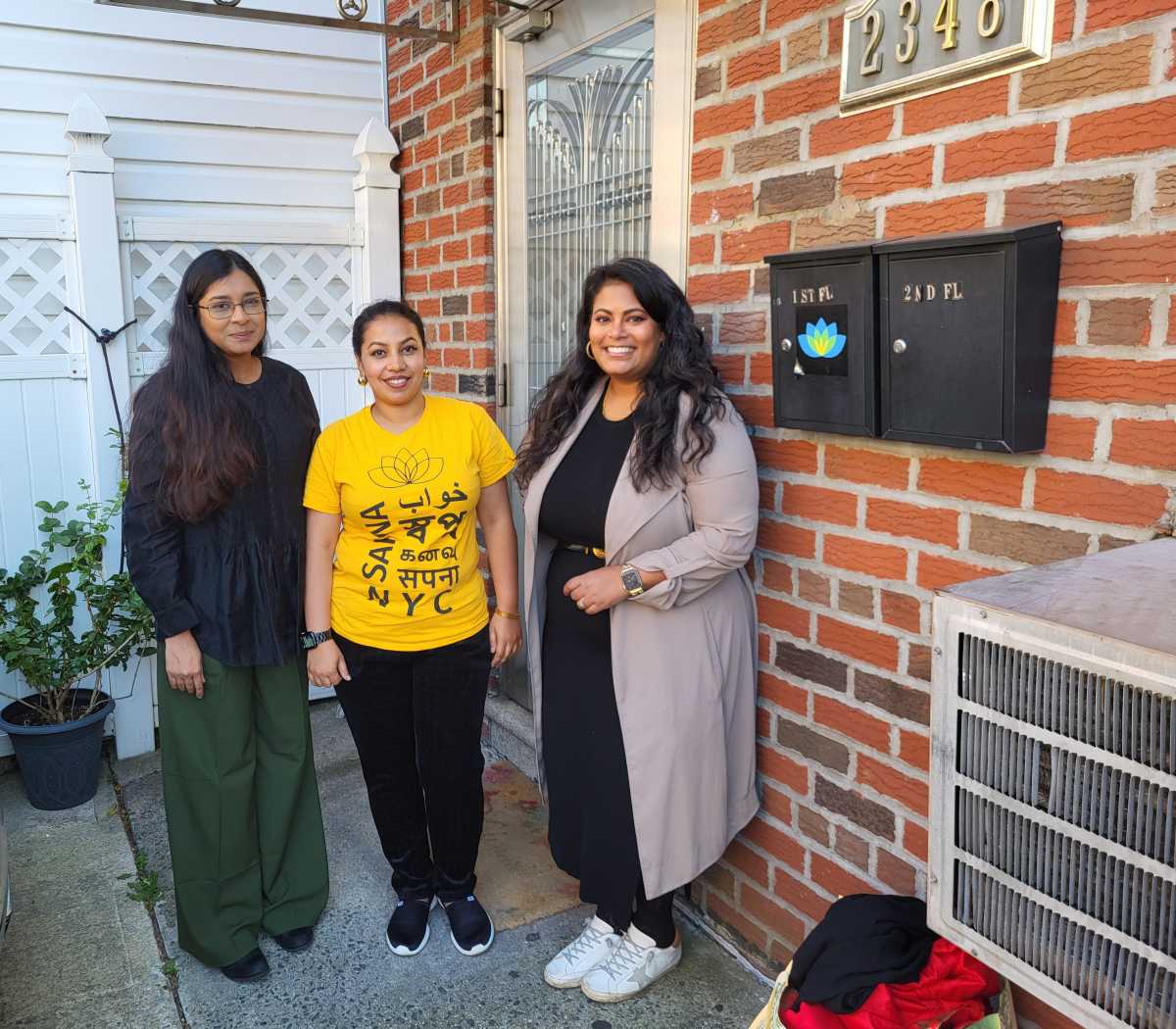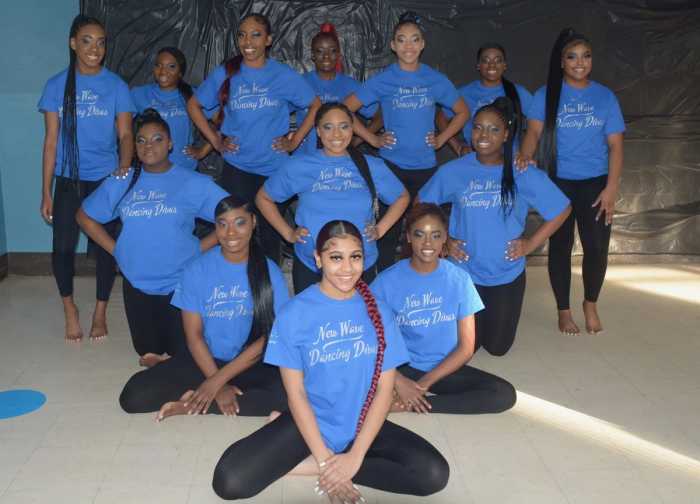As Breast Cancer Awareness Month closes at the end of October, neighborhood health providers are working year-round to make sure preventative care reaches all people, especially those who are not well-served by traditional medical clinics.
Sapna NYC in Parkchester is a small clinic serving the Bronx’s Asian immigrant community, especially women. It serves about 2,000 clients per year and is supported by the City Council program Access Health NYC, which partners with 37 community-based organizations to bring care to hard-to-reach groups.
Sapna’s location is well-suited to reach its target population. In a borough with mostly Black and Latino residents, the population of Parkchester is actually about 9% South and Southeast Asian, and its community district has a foreign-born population of nearly 37%, according to census data.
Among these groups, many miss out on critical health services due to language barriers, stigmas around treatment and a lack of information, said Diya Basu-Sen, executive director of Sapna.
The office, located on the first floor of a house on Waterbury Avenue, feels anything but clinical. On the day of the Bronx Times’ visit, the space was filled with donated household items from an event for survivors of domestic violence and staffers sat for lunch around the dining table.
In the small house, “You’d be surprised at what we can make work,” said Basu-Sen.
‘Community-informed’
Sapna provides direct health services and health education in languages including Bangla, Hindi and Urdu. Beyond physical health, the organization also assists clients with related issues such as financial literacy, domestic violence prevention, civic engagement, access to city services, computer skills and citizenship processes.
This wide range of services was developed in direct response to the community. For example, past clients asked for a mental health counselor, so one was hired three years ago. “All of it just comes out of needs,” said Basu-Sen.
Meeting these kinds of needs is exactly what Access Health NYC entrusts its partner organizations to do, said Anita Gundanna, executive director of the Coalition for Asian American Children and Families, which co-leads Access Health NYC.
“In order to be community-informed, you can’t have a one-size-fits-all model,” she said. Neighborhood groups are nimble and can pivot to meet needs as they arise, said Gundanna.
Clients at Sapna are often older women — sometimes with children — who have nonetheless never received a routine pap smear or mammogram before, said Basu-Sen.
Part of Sapna’s mission is educating clients on the importance of regular check-ups, especially those who assume that having no symptoms means all is well, Basu-Sen said. “You can feel fine and you can be sick.”
To help with early detection of breast cancer, Sapna has regularly brought “scan vans” — mammogram equipment onboard a vehicle — to the neighborhood. They speak to clients about what to expect during the procedure and even help watch their kids as they take turns in the van. Their next mammography event is planned for January, and staffers are already spreading the word in hopes of a high turnout.
The option to get a mammogram outside of the hospital system and with the help of people who understand the language and culture can tip the scales for patients who would otherwise avoid it, said Basu-Sen.
The mobile method works for Sapna, whether for mammograms, COVID vaccines, flu shots or anything else. The clinic has even managed to convince some who had already been advised by a doctor to get the treatment but put it off.
“When it’s easier and right in your neighborhood, you’re more likely to do something,” said Basu-Sen.
And once someone stops by for a mammogram or other specific service, they often identify other areas of need that can be addressed under the same roof.
“Once you get connected to Sapna, you’re connected to the community that Sapna is,” said Gundanna.
Reach Emily Swanson at eswanson@schnepsmedia.com or (646) 717-0015. For more coverage, follow us on Twitter, Facebook and Instagram @bronxtimes



















